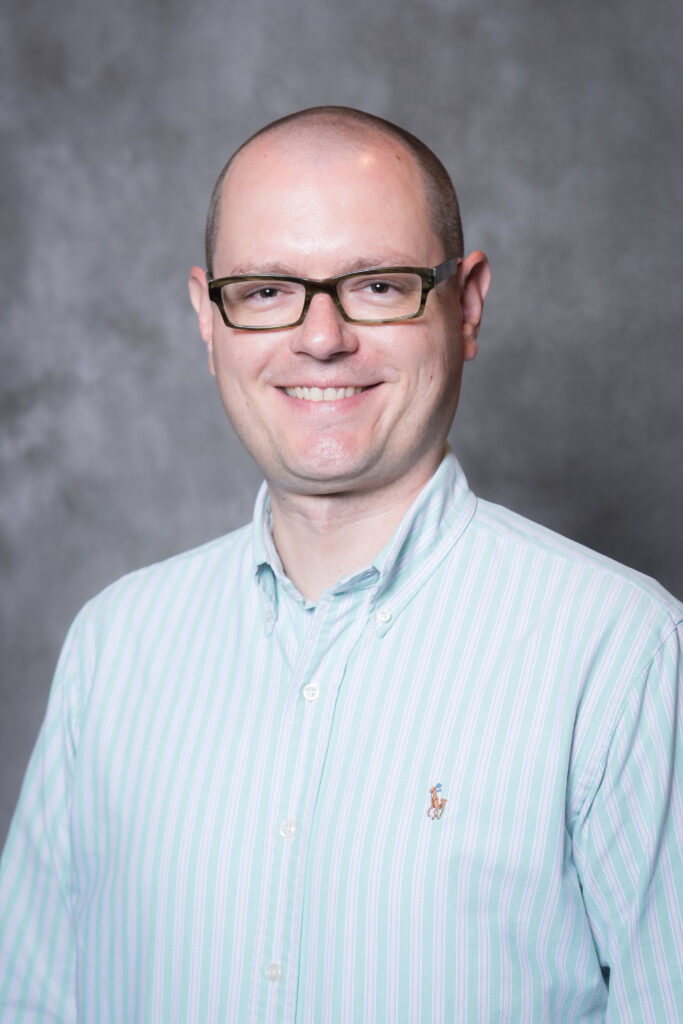ASLE’s Scholar of the Month for July 2022 is Micah McKay.

Micah McKay is Assistant Professor of Spanish at the University of Alabama. His research focuses primarily on the representation of trash in contemporary Latin American cultural production and attempts to consider the ecological, political, and aesthetic stakes of waste. He is the co-editor of Environmental Cultural Studies Through Time: The Luso-Hispanic World (Hispanic Issues On Line, 2019), and his work has appeared in such venues as Latin American Literary Review, Luso-Brazilian Review, and Revista Canadiense de Estudios Hispánicos.
How did you become interested in studying ecocriticism and/or the environmental humanities?
My introduction to ecocriticism and the the environmental humanities came during my time as a graduate student at the University of Wisconsin-Madison. I had never really had an deep interest in environmental topics, but after taking a course on Spanish Cultural Studies with Kata Beilin that had a strong focus on examining culture through an ecocritical lens, I became very interested in the ways that humans and human cultures are imbricated in the environment. I see that class and Kata’s guidance and support as key to my development as an ecocritic.
Who is your favorite environmental artist, writer, or filmmaker? Or what is your favorite environmental text? Why?
I have many favorites, but one writer whose work I find myself returning to quite often is the late Mexican poet José Emilio Pacheco. Whether it be poems written from the perspective of a housefly, in praise of the environmental dirty work undertaken by vultures, or in recognition of the relationship between the history of Mexico City and the Ajusco Volcano, his writing is a beautiful expression of care for the nonhuman.
What are you currently working on?
I am close to finishing a manuscript for a book called Beyond the Dump: Trash and Limits in Contemporary Latin American Culture. The aim of the book is to consider the ecological, social, and aesthetic function of waste in a series of cultural texts produced since the 1950s from Argentina, Brazil, Chile, Colombia, Costa Rica, El Salvador, Mexico, Paraguay, and Peru, and in broad terms I argue that the waste and waste practices that appear in these texts shed light on a number of key limits related to Latin America’s experience of contemporary capitalism, like normative conceptualizations of the notion of the human, community, waste management, and environmental activism. I plan to have the manuscript ready for submission this summer.
What is something you are reading right now (environmental humanities-related or otherwise) that inspires you, either personally or professionally? Comment briefly on why or how it inspires you.
I just read Maricela Guerrero’s El sueño de toda célula (The Dream of Every Cell, available in a bilingual edition with a wonderful translation from the Spanish by Robin Meyers), an astonishing poetry collection that takes very seriously the lives of plants. What I really appreciate about Guerrero’s poems is the way she manages to articulate a clear denunciation of the forces that attempt to contain and classify forms of life in order to extract value from them while also expressing a deep sense of wonder, awe, and companionship with plants and other creatures. It’s a really beautiful book.
Is there a scholar in the field who inspires you? Why?
I’m constantly inspired and invigorated by the work of many Latin Americanist scholars in the environmental humanities, but if I had to choose one person to mention, it would be Gisela Heffes. Her book Políticas de la destrucción / Poéticas de la preservación is a foundational work in Latin American ecocriticism, and her examination of trash in that book is part of what makes my own scholarly work possible.
